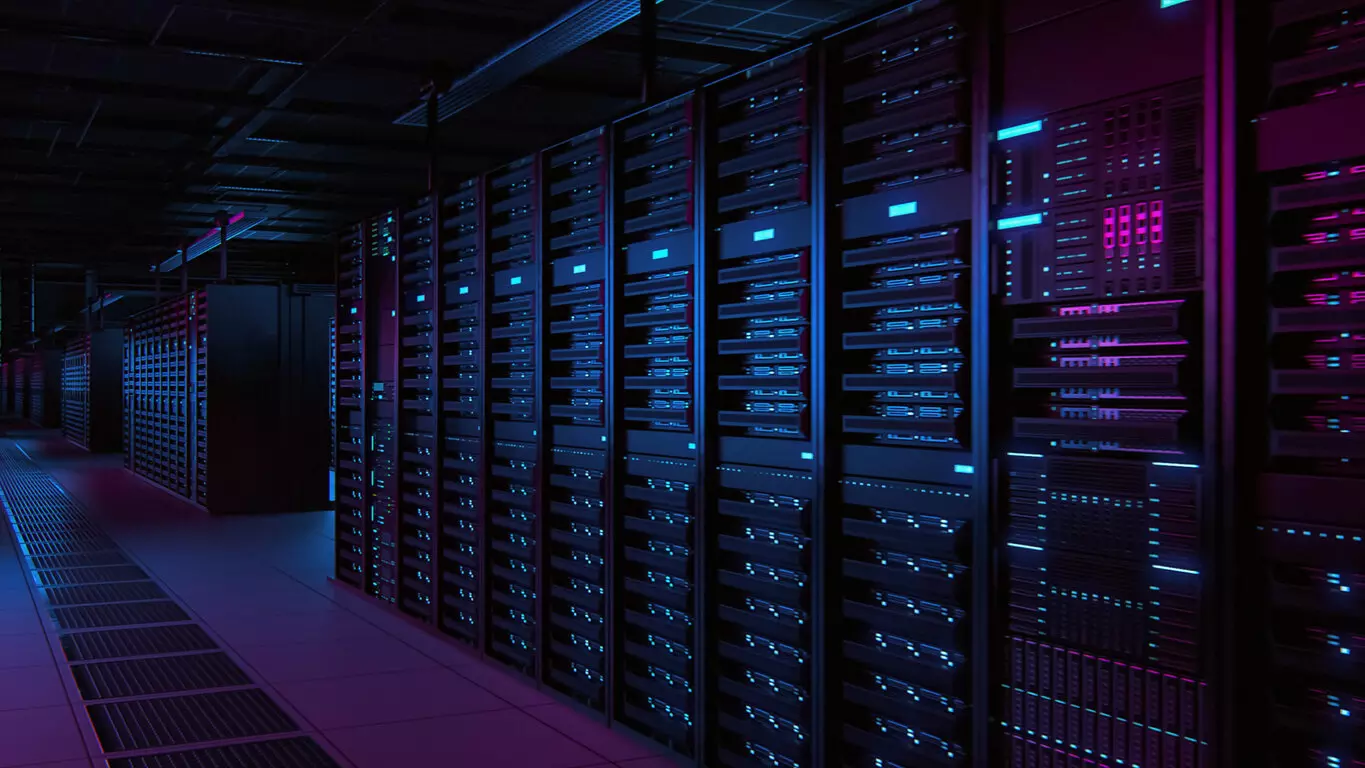
- Home
- India
- World
- Premium
- THE FEDERAL SPECIAL
- Analysis
- States
- Perspective
- Videos
- Sports
- Education
- Entertainment
- Elections
- Features
- Health
- Business
- Series
- In memoriam: Sheikh Mujibur Rahman
- Bishnoi's Men
- NEET TANGLE
- Economy Series
- Earth Day
- Kashmir’s Frozen Turbulence
- India@75
- The legend of Ramjanmabhoomi
- Liberalisation@30
- How to tame a dragon
- Celebrating biodiversity
- Farm Matters
- 50 days of solitude
- Bringing Migrants Home
- Budget 2020
- Jharkhand Votes
- The Federal Investigates
- The Federal Impact
- Vanishing Sand
- Gandhi @ 150
- Andhra Today
- Field report
- Operation Gulmarg
- Pandemic @1 Mn in India
- The Federal Year-End
- The Zero Year
- Science
- Brand studio
- Newsletter
- Elections 2024
- Events
- Home
- IndiaIndia
- World
- Analysis
- StatesStates
- PerspectivePerspective
- VideosVideos
- Sports
- Education
- Entertainment
- ElectionsElections
- Features
- Health
- BusinessBusiness
- Premium
- Loading...
Premium - Events

Income tax belongs to states, too. The Centre shouldn’t unilaterally decide which industries get tax breaks
The Centre’s draft data centre policy proposes to grant data centre companies a 20-year tax holiday, besides input tax credit on GST, provided they meet stipulated conditions on power usage effectiveness, capacity addition, and employment generation. This is faulty on multiple levels, including central transgression of state rights.
To offer an income tax incentive is normally seen to be the prerogative of the central government, and the practice of the Centre offering exemptions from income tax, personal and corporate, has a long history. However, if lineage were a guarantee of impeccability and effectiveness, we should go back to dynastic rule, shouldn’t we?
Centre tax collector, not owner
The Constitution of India assigns to the Centre the power and the responsibility to collect income tax from companies and individuals, true enough. But that does not mean that the tax proceeds belong to the collector. Consider what would happen if states had the power to collect income tax.
A great many companies have their headquarters in Maharashtra and Gujarat. But they do business across the land, they raise capital from across the land, they employ people from around the country. People across India have the right to any tax on these companies’ profits, and not just the state in which the company is headquartered. So, it makes sense for the Centre to collect the tax and share it with all the states.
Watch: AI Summit in Chennai: Experts discuss how to make AI work better
The same logic applies in the case of customs duties as well. No state without a seaport would get any customs duty, not even the duty on goods imported for use in that state, if collection of customs duties were left to the states. The Centre should collect customs duty as well, and share it with the states.
States must have say in tax decisions
How much should be shared with the states? The Finance Commission, appointed every five years, determines how much is to be shared. Right now, that share is 41 per cent. More than two-fifths of the taxes collected by the Centre should be shared with the states collectively. The Finance Commission makes another recommendation as to how the states’ combined share should be apportioned among the states.
If 41 per cent of income tax should go to the states, shouldn’t the states have a say in determining income tax holidays and other tax breaks as incentives for particular kinds of conduct? Right now, the Centre unilaterally decides on income tax concessions. This should change. Ideally, a tax sub-committee of the Inter-State Council should decide on both income tax and GST.
The Centre controls one-third of the voting power in the GST Council; two-thirds is with the states combined. Yet, the prime minister decided to unilaterally announce GST concessions on Independence Day, without consulting the states or the GST council. That should also change. Ideally, a tax sub-committee of the Inter-State Council should decide on both income tax and GST.
Data centres don't need sops
Usurpation of the states’ rights and potential revenue by the Centre is not the only thing wrong with the proposal to give a tax holiday for setting up data centres.
How does a monetary incentive for applying for admission to the Indian Institute of Technology sound? Bonkers, right? There is so much demand for a seat at this elite institution for engineering that any incentive would be totally superfluous. That is the case with building data centres, as well. Data centres are a red-hot investment opportunity right now, and major business groups are vying to get a piece of the action for themselves. There is no need for any government incentive to draw investment into the sector. If the government wants to hand out subsidy to some favoured corporate clients, that is another matter.
Also read: Complaints about glitches in I-T portal on last day for filing tax returns
Massive investments, peanuts in revenues
The Economist newspaper might have its ideological skews when it comes to geopolitics and economic philosophy, but generally gets its business facts right. A recent issue deals with the likelihood of a bubble building up around artificial intelligence (AI). It quotes Morgan Stanley to juxtapose the $2.9 trillion investment lined up for the sector over 2025-28 and the aggregate revenues of $50 billion for the world’s AI majors. A whale of investment for minnows’ worth of revenues? The return on investment that companies are making in AI is paltry, at least for now.
The Economist goes on to compare the AI boom with the Dotcom boom of the turn of the century, and assorted Railway, electric lighting and other booms starting from the 19th century. The Dotcom boom went bust, sure, but left behind a large network of fat data cables spanning and connecting continents, which came in handy later, albeit for companies that bought up the original layers of the cables, after these had gone bust.
Perks of data localisation
India has a data localisation policy. It would be a mistake to ban sending Indian data outside the country, but it does make sense to demand that all Indian data be stored in India, even if not exclusively in India. The people of India must have the sovereign power to access, examine, and utilise data generated on India and by Indians, both for law enforcement and for smooth training of AI by Indian companies in India. However, it should be okay if such data is mirrored on servers abroad.
Also read: India’s GDP puzzle: Robust growth defies its own key indicators
If India insists on exclusive localisation of all Indian data, demands would follow for reciprocity, and interfere with India’s information technology (IT) and IT-enabled Services (ITeS) industries that have loads of foreign data transported to India and processed here. Of course, it is possible to store data on a server in the US and work on that data from an office in Bengaluru. But it would, in many cases, be simpler to work on such data after bringing it over to Indian data centres.
Data localisation would mean lots of demand for data centres. So, let businesses build data centres because they see a profitable opportunity in storing data and high-end processing capacity on racks of servers located in India. Private capital would do the job very well. The government’s job would be to ensure there is quality and abundant power to run the data centres, and that there is qualified talent to work at the data centres, even if the sector does not need a great many workers.
Where central funds should go
Government funds for the development of AI should go into R&D in chip design, in developing indigenously all the individual components of the advanced semiconductor manufacturing ecosystem. Funds are needed to strengthen the education system from pre-school onwards, to make critical thinking a generalised faculty of the population. The ability to think and learn fast is what people need when larger and larger chunks of traditional work is taken over by AI and AI-powered agents.
Also read: From 2017 rollout to latest rejig, GST remains repair-in-progress
If the government has money to spare, do not waste it on subsidising things that do not need subsidy.
(The Federal seeks to present views and opinions from all sides of the spectrum. The information, ideas or opinions in the articles are of the author and do not necessarily reflect the views of The Federal)


